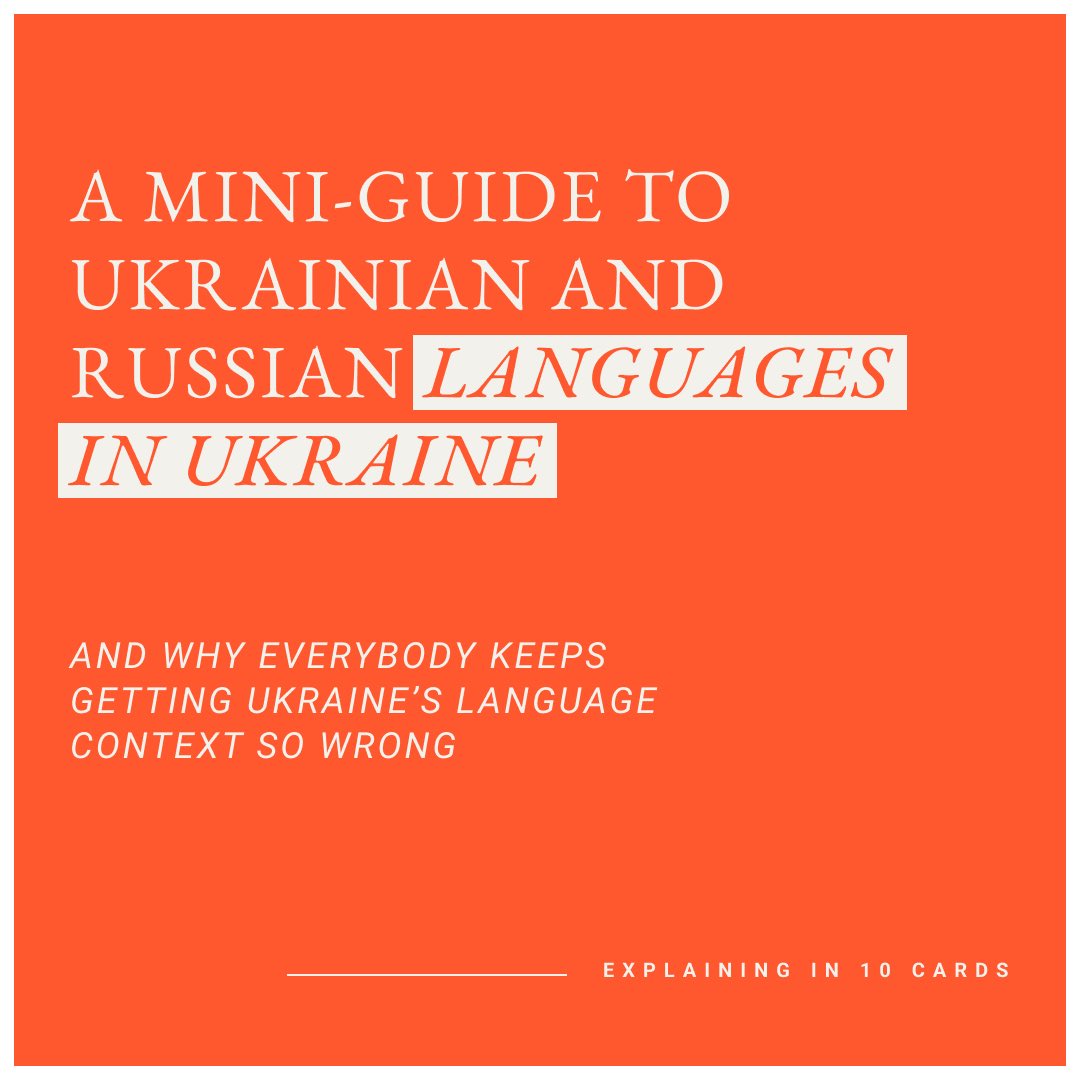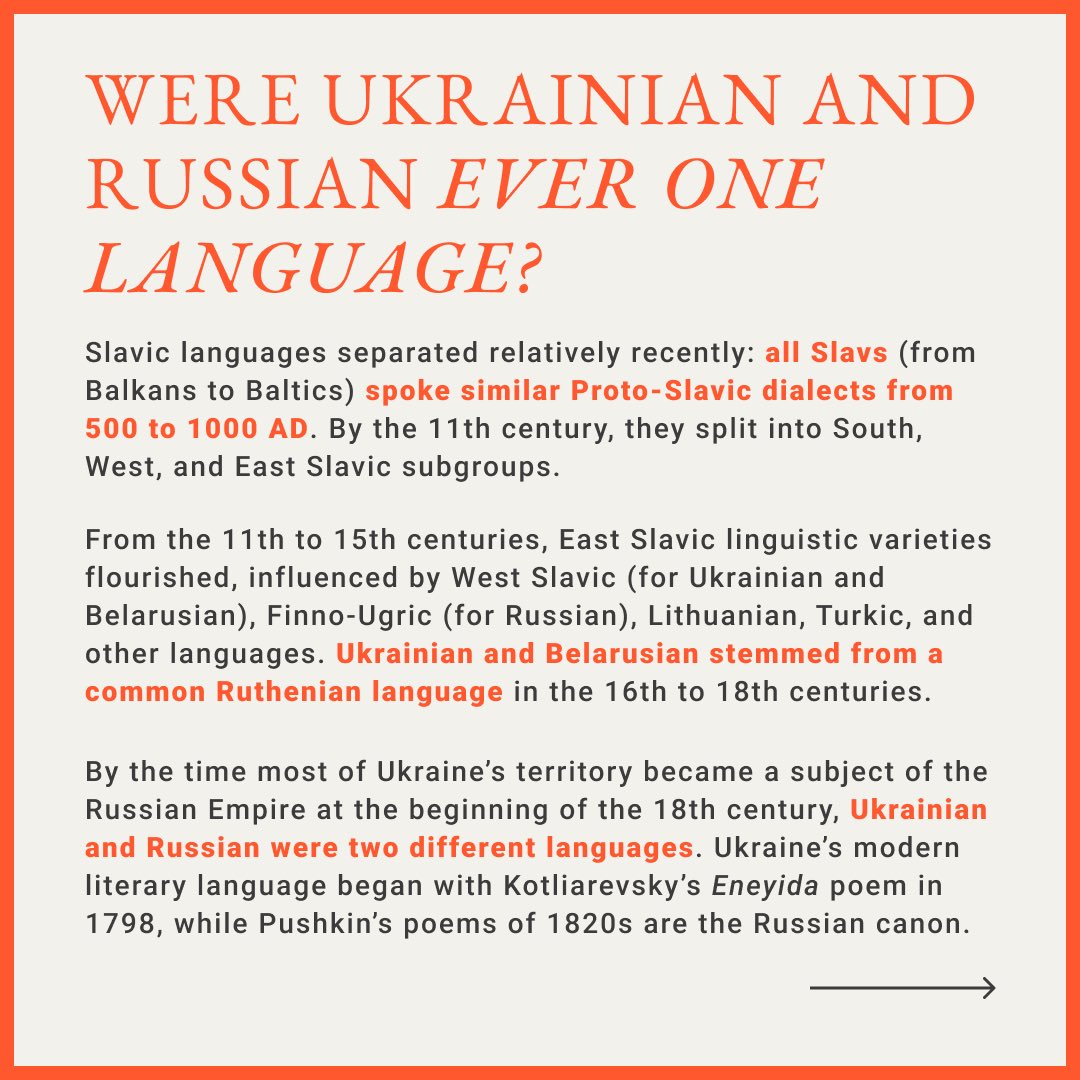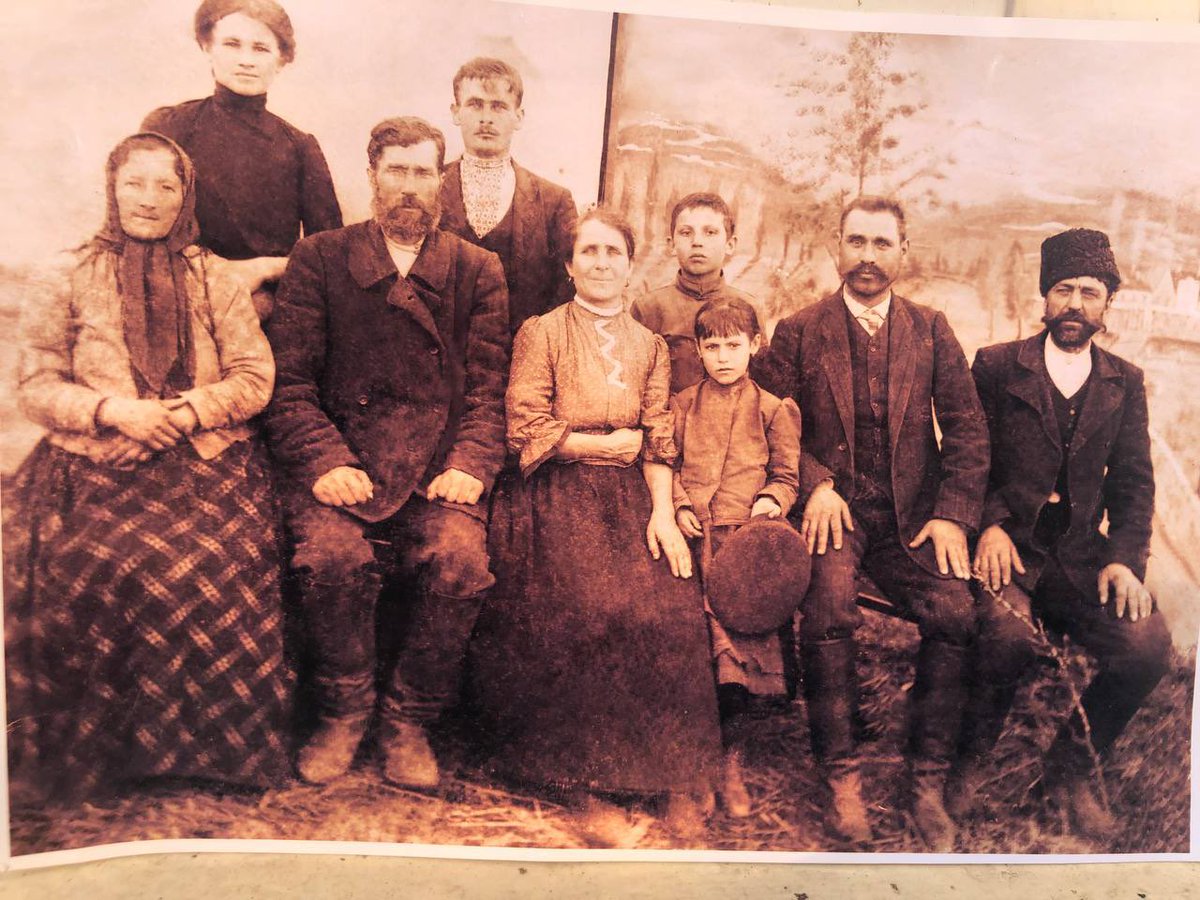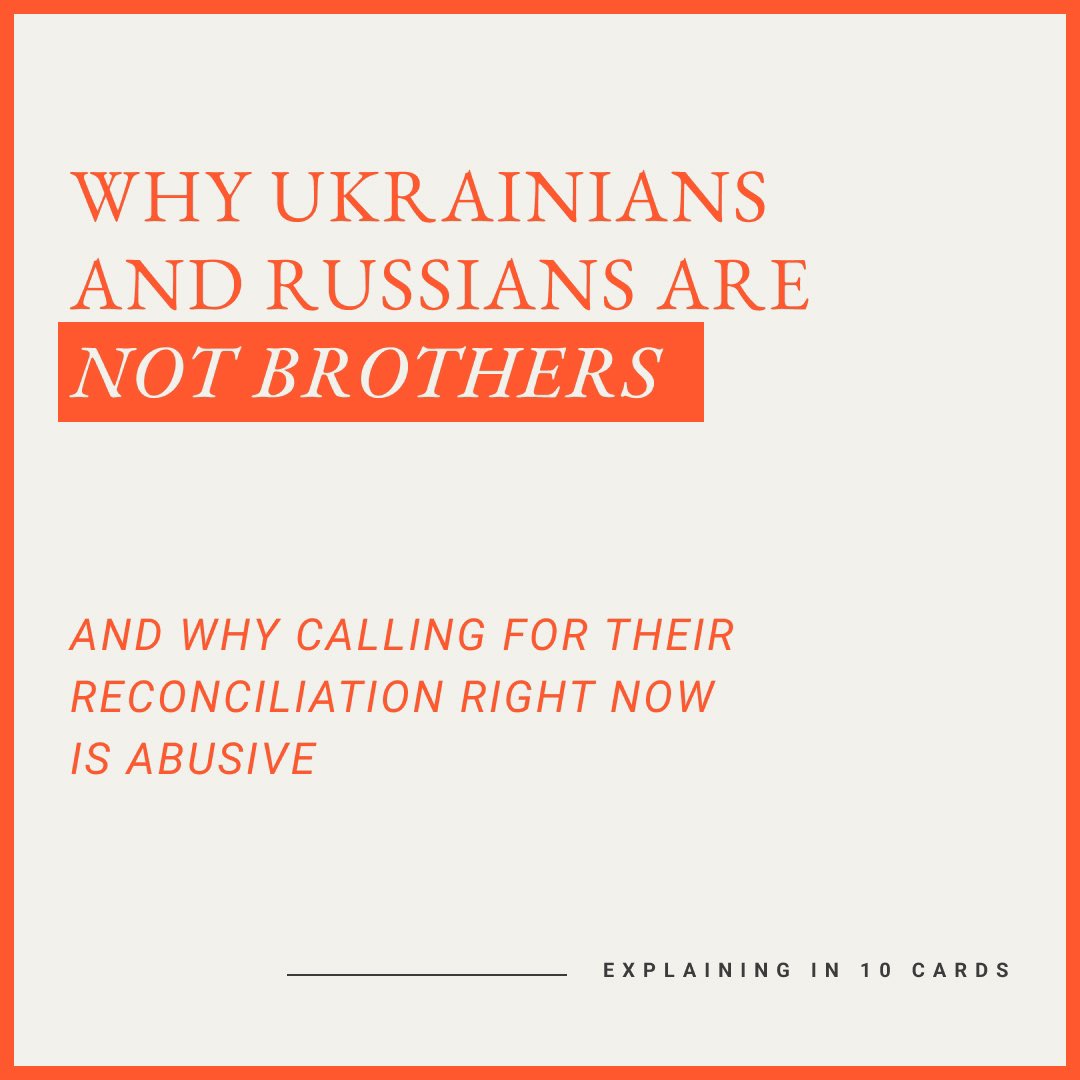
I’ve lived my whole life in a young fragile democracy where we always had to fight to remain free.
We did it in 2004, in 2014, and then there were dozens of smaller cases (for justice reform, against police brutality, etc).
Here’s what the rest of Europe should learn from us
1/
We did it in 2004, in 2014, and then there were dozens of smaller cases (for justice reform, against police brutality, etc).
Here’s what the rest of Europe should learn from us
1/
Democracy must be defended with bare hand, always.
Democracy shouldn’t be taken for granted, ever.
Ukrainians have learned to be always suspicious of any authority and institution — because any authority will become corrupt once you stop paying attention.
2/
Democracy shouldn’t be taken for granted, ever.
Ukrainians have learned to be always suspicious of any authority and institution — because any authority will become corrupt once you stop paying attention.
2/
That’s why so many Ukrainians are so vocal (aka screaming angrily) about Germany’s systemic lack of support (military and sanctions-wise) and France’s desire to strike an appeasement deal with Putin.
Life in a fragile democracy makes you learn the smell of bullshit early on.
3/
Life in a fragile democracy makes you learn the smell of bullshit early on.
3/
I believe W Europe has a lot to learn from Ukraine and other E European states. And it has to start now.
Why? Well, we know the value of freedom firsthand: all of us have fresh generational traumas of genocide and repressions.
That’s why we’re always alert and ready to fight.
4/
Why? Well, we know the value of freedom firsthand: all of us have fresh generational traumas of genocide and repressions.
That’s why we’re always alert and ready to fight.
4/
The Russian invasion has unraveled multiple layers of corruption and lack of leadership in Europe.
While Europeans are mostly ready to roll up their sleeves and help us, their governments turned out to be corrupt, shortsighted, and tied to Russia’s dirty oil & gas money.
5/
While Europeans are mostly ready to roll up their sleeves and help us, their governments turned out to be corrupt, shortsighted, and tied to Russia’s dirty oil & gas money.
5/
The crisis that Europe faces is that of democracy, not of gas prices.
So please, don’t take your current political systems for granted. Change them. Demand actions driven by values and clear vision. Fight corruption, lies, and challenge any system built on apathy.
6/
So please, don’t take your current political systems for granted. Change them. Demand actions driven by values and clear vision. Fight corruption, lies, and challenge any system built on apathy.
6/
Do it now. While the EU is figuring out its place and role in this new global order, 100 more Ukrainian defenders will keep dying every day.
These people are fighting to keep the peaceful European dream real — don’t let them down.
That’s all I had to say.
These people are fighting to keep the peaceful European dream real — don’t let them down.
That’s all I had to say.
• • •
Missing some Tweet in this thread? You can try to
force a refresh



















